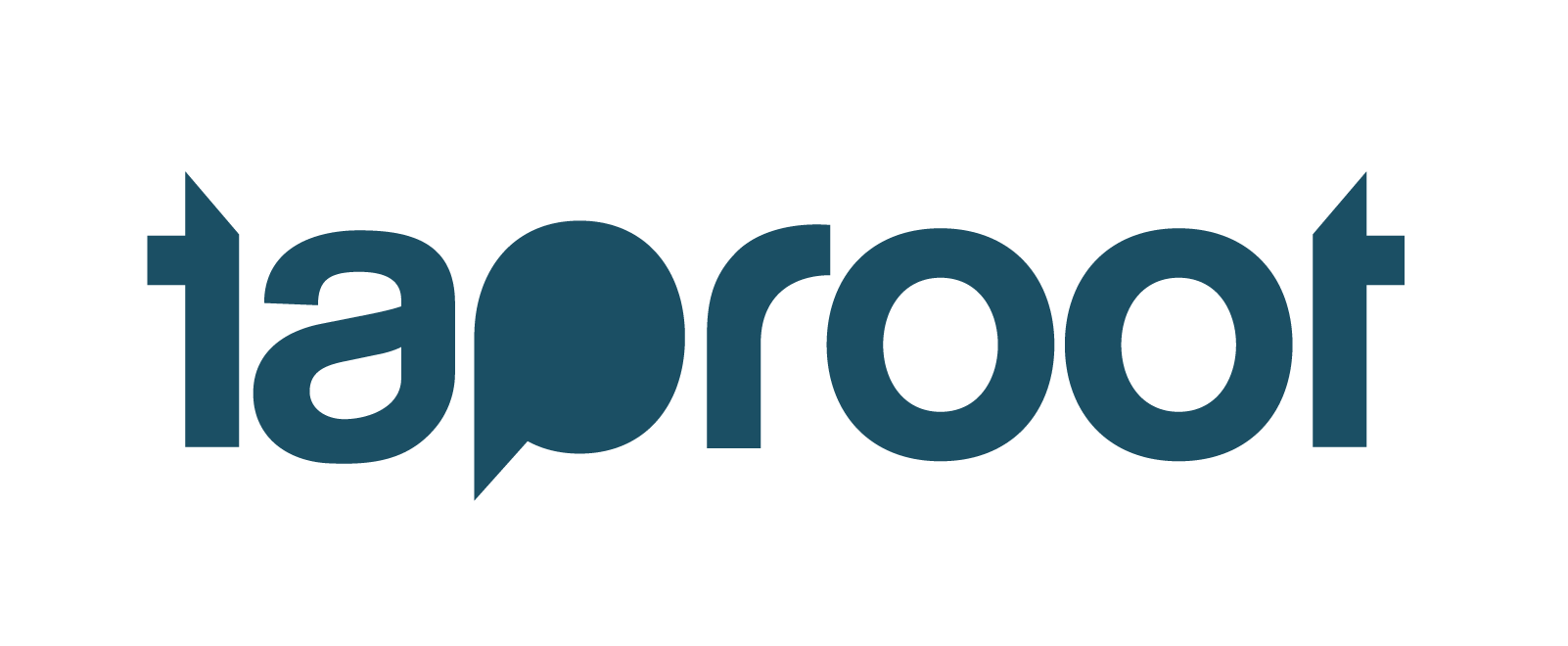Making the Match, Part 1: Differentiating Technical and Strategic Support in Pro Bono Programming

Making the Match, Part 1: Differentiating Technical and Strategic Support in Pr…
This post is Part 1 of the Taproot Foundation's 3-part series “Making the Match,” which breaks down how to increase the impact of your corporate pro bono program by creating strong matches between your talent and your nonprofit partners. Read the overview of "Making the Match" here.
At the Taproot Foundation, we see two distinct kinds of pro bono support: technical and strategic. Understanding which type nonprofits need is essential, both to ensure nonprofits receive the right support and that corporate talent has a positive experience. Technical support fills gaps in a nonprofit’s capacity by building websites, designing annual reports, and setting up Salesforce systems using technical expertise these organizations could not afford at market rates. In contrast, strategic support helps a nonprofit seize opportunities by exploring new markets, developing innovative solutions, and by transforming organizations using research, broad business acumen, and a dose of creativity.
Reading those definitions you might think that strategic support is more important or valuable than technical support. That’s not the case – each type of pro bono fulfills a vital need in the social sector. Here we define these two types of support.
- Technical support: Technical support tends to be the most commonly requested by nonprofits. On Taproot’s online pro bono marketplace there are five technical projects for every strategy project. That’s because many nonprofits (particularly smaller organizations) have limited capacity for core support functions like marketing, human resources, and IT. For these organizations, technical support is the key to moving their missions forward. A PowerPoint full of strategic marketing recommendations won’t do much good if an organization’s website doesn’t work.
- Strategic support: Strategic support meets a very different need. Perpetually resource-strapped, nonprofits often need their employees to prioritize addressing immediate operational or programmatic challenges, which leaves much less time for abstract research, strategy, or innovation – all of which help inform key strategic decisions. Because nonprofits are constantly making trade-offs with how to allocate resources, even after thoughtful planning and numerous conversations sometimes great ideas sit on the shelf for months. For organizations navigating key decisions or piloting breakthrough innovations, focused research, analysis, and recommendations from a pro bono team can mean the difference between short- and long-term sustainability.
Now which support should you deliver to your nonprofit partners? Here’s a simple way to think about what type of support your nonprofit partners might need and how your talent is best suited to help. These definitions aren’t comprehensive, but in general:
Technical pro bono support...
- starts with a clear problem and scope (e.g. redsign the website architecture).
- requres specific, often technical expertise.
- solves a specific problem.
- delivers a finished project.
- usually sees an immediate impact.
Strategic Pro Bono Support...
- starts with a high-level question (e.g. identify a new market expansion strategy).
- requires strategic, often consultative experience.
- informs a key decision.
- delivers recommendations.
- usually sees a long-term impact.
In Part 2, we’ll explore how pro bono programs can be designed to deliver technical or strategic support for either operational or transformational impact. For now though, try applying these definitions to the pro bono support your company is already providing (or considering providing). Are you providing technical or strategic support? If you’re only offering one type of support, could your company offer the other?
Oliver Gould is a consultant in Taproot’s Advisory Services practice. He brings a background in nonprofit management, impact evaluation and strategy to the Taproot Advisory Services team. A problem-solver at heart, he’s passionate about finding creative ways for private sector talent to support the public good. He’ll know pro bono has finally “made it” when Congress calls in pro bono consultants to apply lean management to the budget process.
About the Taproot Foundation
Taproot Foundation, a U.S. based nonprofit, connects nonprofits and social change organizations with passionate, skilled volunteers who share their expertise pro bono. Taproot is creating a world where organizations dedicated to social change have full access—through pro bono service—to the marketing, strategy, HR, and IT resources they need to be most effective. Since 2001, Taproot’s skilled volunteers have served 4,600 social change organizations providing 1.5 million hours of work worth over $160 million in value. Taproot is located in New York City, San Francisco Bay Area, Chicago, Los Angeles, and Washington, D.C. and is leading a network of global pro bono providers in over 30 countries around the world. www.taprootfoundation.org, @taprootfound

